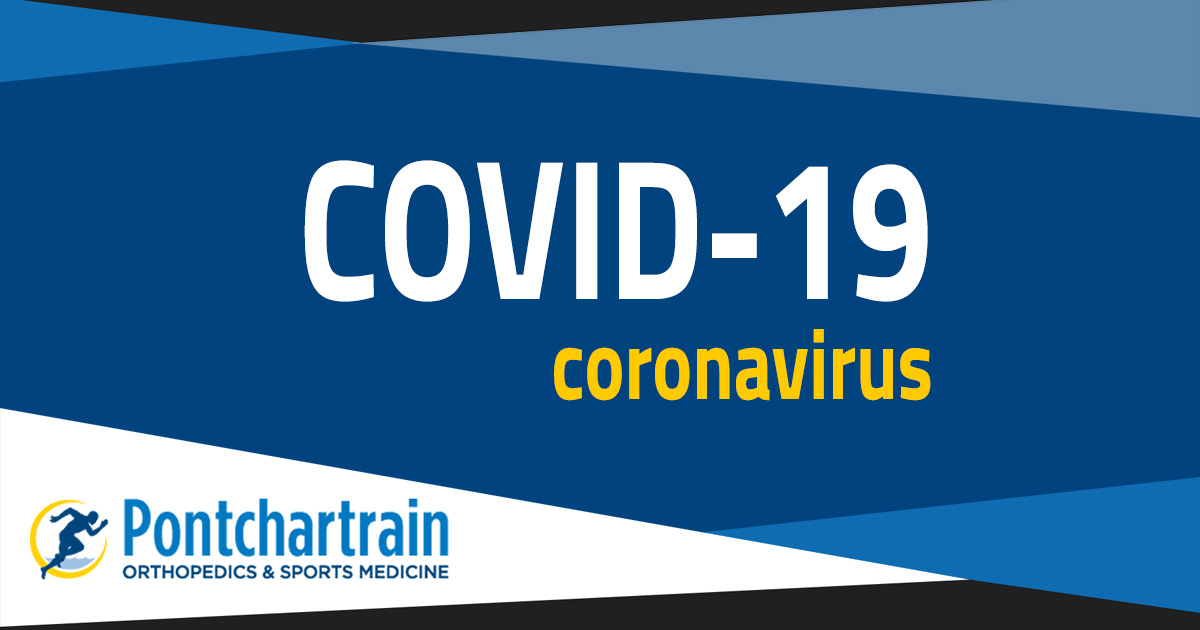Coronavirus (COVID-19)

At our clinics, your health and safety, along with the health and safety of our staff, are our top priorities. As such, we recognize that the Coronavirus, or COVID-19, has become a growing concern.
Protection Against Respiratory Illnesses
Wash Your Hands
Wash your hands often with soap and water for at least 20 seconds. A study published late last year on hand hygiene and the global spread of disease through air transportation found that if people wash their hands while at the airport, the spread of a pandemic could be curbed by up to 69 percent.
Avoid Touching Your Face
Avoid touching your eyes, nose and mouth. Why? The coronavirus that causes Covid-19 is believed to be spread mostly by inhaling droplets released when an infected individual coughs or sneezes. But these droplets can also land on surfaces that we touch with our hands.
Shield Others When You Cough or Sneeze
Cover your cough or sneeze with tissues, or direct them into the crease of your elbow. Covering your mouth when you cough or sneeze with your elbow or a tissue will greatly reduce the number of germs that are able to spread to people and objects around you.
Stay Home When You Are Sick
The Center for Disease Control recommends that workers who have flu symptoms upon arrival to work or become ill during the day should promptly separate themselves from other workers and go home until at least 24 hours after their fever is gone without the use of fever-reducing medications, or after symptoms have improved (at least 4-5 days after flu symptoms started). For COVID-19, the period of quarantine is 14 days from the last date of exposure, because 14 days is the longest incubation period seen for similar coronaviruses.
What to do if you think you have a COVID-19 Infection
According to an article published Harvard School of Medicine, first call your doctor for advice.
It's best to not seek medical care in an emergency department unless you have symptoms of severe illness. Severe symptoms include high or very low body temperature, shortness of breath, confusion, or feeling you might pass out. Call the emergency department ahead of time to let the staff know that you are coming, so they can be prepared for your arrival.
Stay informed
We continue to closely monitor this global health advisory and follow guidelines from the Centers for Disease Control and Prevention (CDC). You can find additional information on the Center for Disease Control website, including more COVID-19 Frequently Asked Questions.
This website is not designed to and does not provide medical advice, medical diagnosis, professional opinion, treatment or services to you or any other person. Through this website and links to other websites, Pontchartrain Orthopedics & Sports Medicine provides general information for educational purposes only. The information provided in this website, or through links to other sites, is not a substitute for medical care. You should not use this information in place of a visit, call, consultation or the advice of your healthcare provider. Pontchartrain Orthopedics & Sports Medicine is not liable or responsible for any advice, course of treatment, diagnosis or any other information, services or product you obtain through this site.
